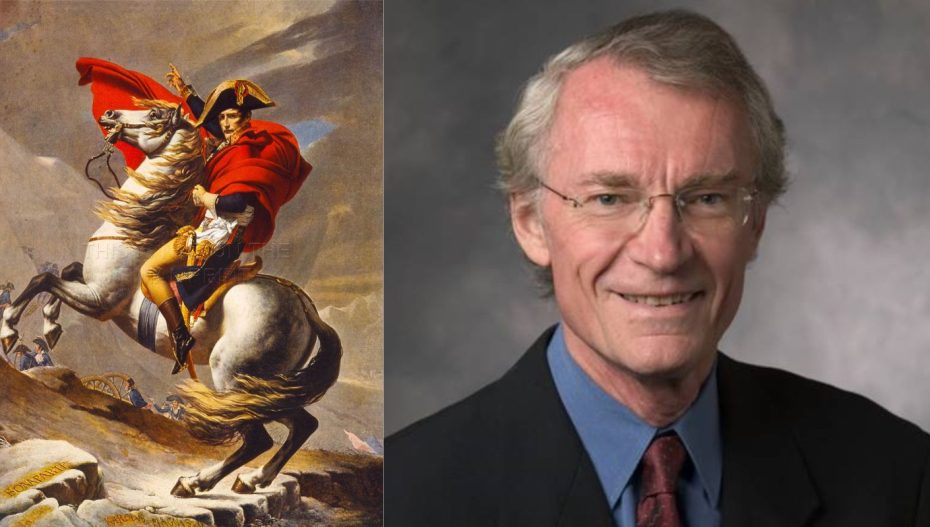Exiled to the island of St Elba, Napoleon had time to define and reflect on the strategies that had won him the many battles he had fought before his defeat at Waterloo. The crux of Napoleon’s strategy, translated from French, was “we engage and then we see.” Napoleon would engage his enemies in battle and then see what the forces that governed the path to victory (or defeat) were. It was a strategy of constant learning.
“It is easier to introspect and ask ‘why’ when we are not successful,” says Stanford University professor Robert Burgelman. “It is more complicated when we win because everyone wants to share the credit and nobody can figure out exactly what resulted in the victory.”

In his book, “Strategy is Destiny,” Burgelman uses the Napoleon example extensively. Strategy, he says, is about gaining control of your destiny and that involves identifying the forces that affect your destiny. Armed with this knowledge, a leader can act. “Strategic action is consequential and is difficult to reverse,” says Burgelman. “It requires trade-offs and commits you to a binding course of action that isn’t easy to undo.”
Leaders need strategy to help their organisation win. For business leaders, it is also important to define what winning means. Burgelman gives the example of Paul O’Neill, former chairman of Alcoa, who defined his mission, not in terms of creating shareholder value, as was then the vogue, but in terms of making Alcoa a better place to work, especially in terms of the poor safety record as its plants. At the same time, this definition of winning linked up to worker productivity and profits, and finally, to shareholder value.

Burgelman defines a leader’s vision as “a future that he or she is going to make happen” and he defines intuition as the “immediate grasping of a situation.” Intuition plays a role when all the analysis does not lead to an obvious choice of action, but its failing is that it is based on past experience. How do leaders keep their intuition fresh? “They can do so by staying in touch with people who are different, especially people who tell them they are wrong. In America, they call it creating diversity,” says Burgelman.
Strategy complements vision and intuition and it is about learning at every stage, or as Napoleon put it, “engaging and then seeing.” In a large organisation, Burgelman believes strategy cannot be determined by one person. Some organisations create the impression they have one single charismatic leader, but the truth is, leaders are dispersed throughout the organisation and they all need strategy. “Strategic change first manifests itself at the front line, far from the CEO office.”

These are dynamic times and businesses face more uncertainty than ever before, so it is critical for top executives to understand their event horizon, which is the length of time within which any action they take will play itself out. If the event horizon is two years, that must be the length of the strategy. “Strategy is always in relation to the environment. If the environment changes every two years, there is no point in having a ten-year strategy.”
The length of time a company can continue with its strategy with confidence varies with industry dynamics. In the high-tech world, it may be four years, while in the oil and gas industry it can be much longer. Like Napoleon, companies that dominate their sectors often fall victim to their own success. “Strategy shapes destiny, but sometimes destiny also shapes strategy. Like Napoleon, you get locked into the environment which you dominate and become dependent on it,” says Burgelman.
Also Read: Jio and Qualcomm Partner to Launch Affordable 5G Smartphone in India













